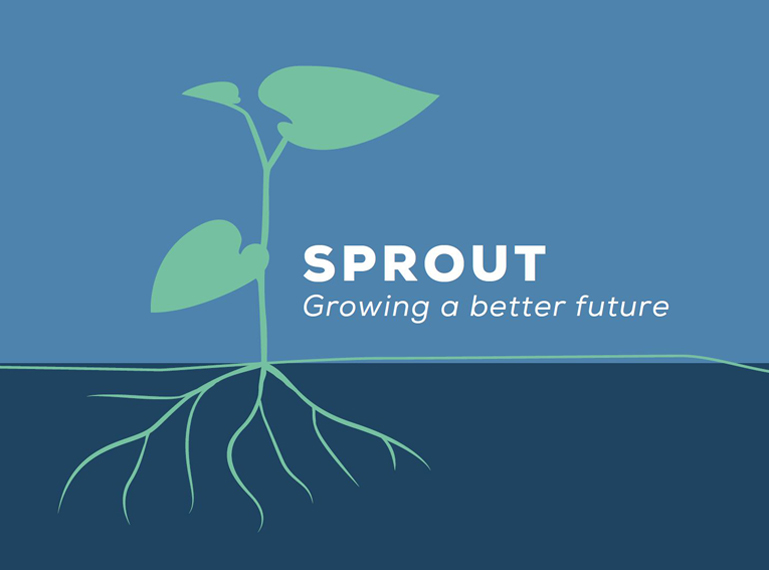AUSVEG is the prescribed peak industry body for the Australian vegetable and potato industries.
We identify and prioritise the issues of our members and advocate on behalf of growers to ensure their needs are heard and understood by decision makers.
As a peak industry body, we have an important facilitation role to play in driving innovation and bringing disparate groups together where there is common purpose.
We are able to leverage our industry experience and expertise using our extensive government networks, partnerships with leading agribusinesses, strong relationships with other industry bodies (including our state members) and knowledge sharing with research organisations.
In our advocacy work, we push for the best result for Australian growers, both in the vegetable and potato industries and across all of horticulture.
Improving profitability and productivity in the horticulture sector is essential to growing the industry’s value, already sitting at $11 billion and set to rise. Managing increasing costs, of which labour is one of the most significant, is essential if we are to see the industry thrive into the future.
Australia’s reputation for growing safe, quality and disease-free food and fibre gives our product an edge on world markets. Consumers at home and overseas want to know that their product is safe to consume. Premium prices for produce demand world-class supply chains to manage our food safety provenance.
Our $11 billion horticulture industry is vulnerable to exotic diseases and other plant-based pest and disease threats. Citrus canker, tomato potato psyllid and the brown marmorated stink bug could destroy our industry without strong biosecurity measures to counteract them. Managing these alongside endemic pests such as Queensland Fruit Fly is essential to our trade and market access and consume confidence about food safety.
New and emerging markets for Australian vegetable products are essential to the survival of the domestic industry. With improved prioritisation of Australian vegetable products in trade negotiations, our industry can continue to reach new heights. Critical to international market access is clear and efficient supply chains, a competitive cost environment and innovation in research, development and extension.
Education is essential to the community’s ongoing understand about where their food comes from. From knowledge of farming systems and on farm practices, consumers will better accept and appreciate the challenges faced by farmers – be it price pressures, reliance on innovation and the threat of pests to market access. Government’s must invest in knowledge-building in the community to ensure this essential knowledge is not lost in an increasingly urbanised Australian population.







